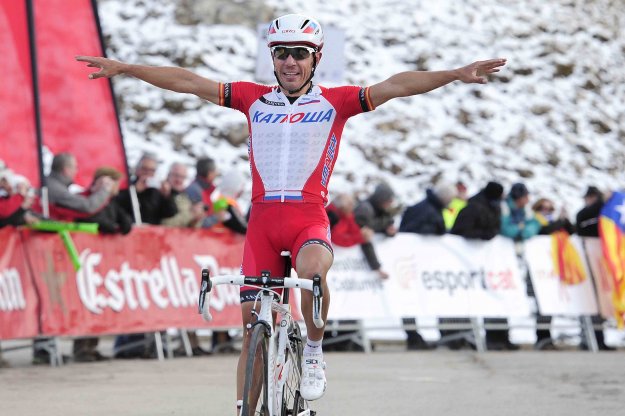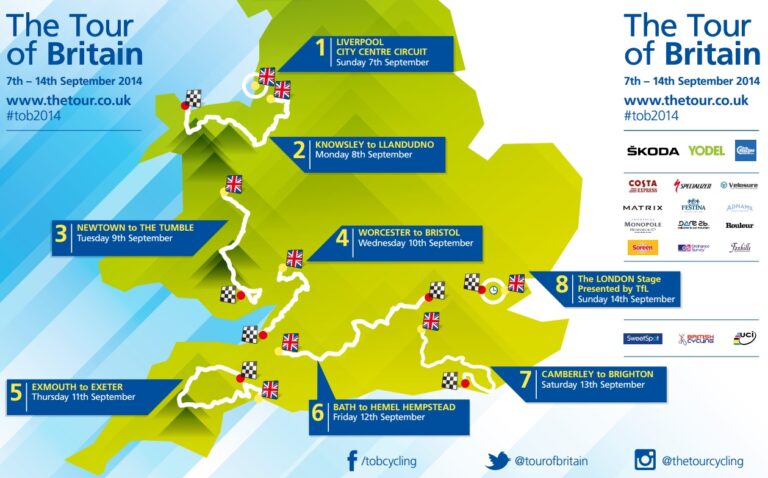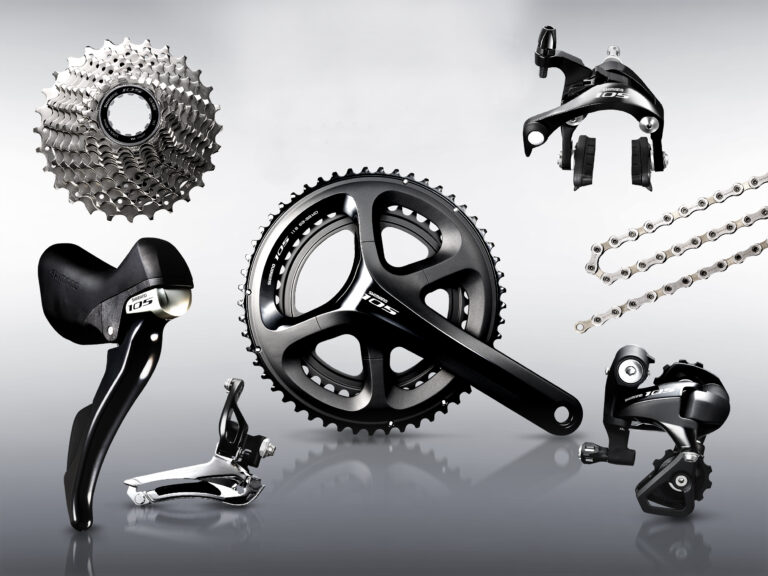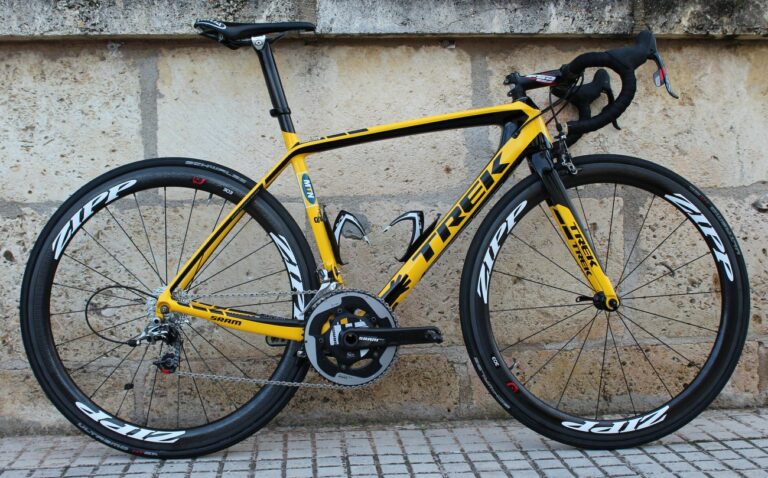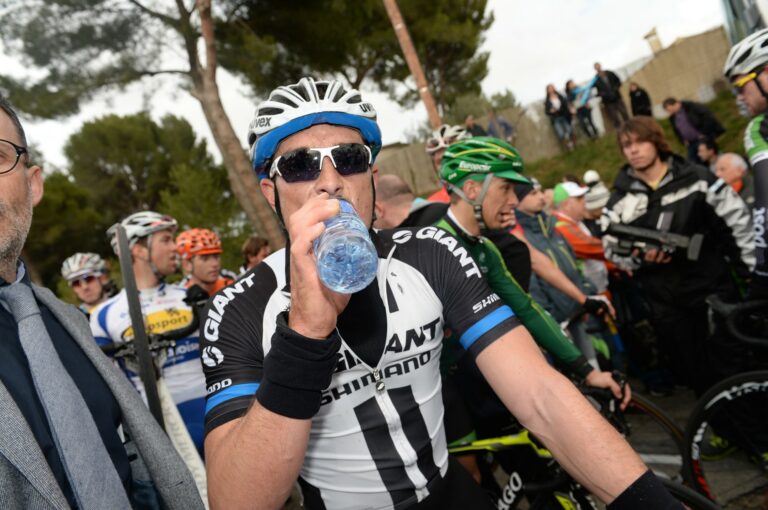Roger Hammond is closely linked in the imagination of most cycling fans with the cobbles of Belgium and northern France, but the Madison Genesis team manager is no stranger to the soaring roads that carve through Mallorca’s rocky interior, having trained on the island for the last six years of his professional career. Descending behind the team car at speeds of 60mph, he offers evidence of more than a little local knowledge.
A snatched glance through the rear window reveals Hammond in close proximity to the bumper, his face a study in concentration. In the blink of an eye, he is past, pedalling expertly through the corner for which the team car is forced to brake heavily, maintaining his cadence where a rider less familiar with the idiosyncrasies of the road would undoubtedly ‘lift’. He crouches low as he approaches the tighter bends, dropping his elbows and maintaining a bullet-like velocity as the road twists in front of him; his position able to serve as a visual definition of ‘compact’.
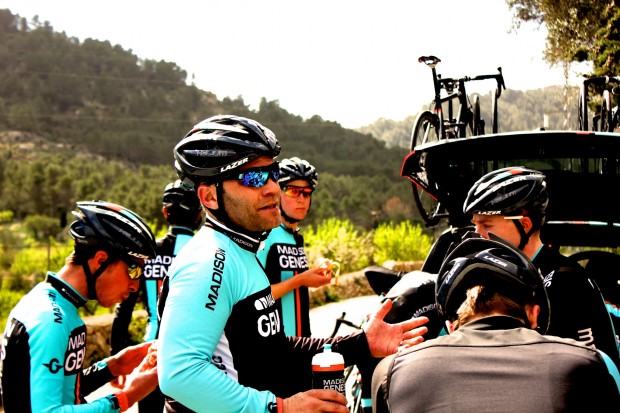
This impromptu demonstration of descending technique is an unexpected bonus for the passengers in the team car, but serves a practical purpose and passes unseen by Hammond’s riders, who began the descent before him and are up the road, necessitating his chase back on. The episode serves as a revealing snapshot of Hammond’s management style: deploying the experience of a once world-class bike rider for the benefit of his team, in a manner that will leave them unaware of the effort. Hammond seems embarrassed when I ask later, joking, if he is considering the dual role of rider-manager. “I can still do it on the descents,” he smiles, “but that’s all.”
Part of what I want these guys to do is explore their capabilities. If you start pigeon-holing them, they’ll never find their limits – Roger Hammond
Rewind 24 hours, and Hammond is the man in the driving seat of the team car. The range of skills demanded of the directeur sportif is broad indeed, and if “advanced motorist” is not in the job description, it should be. Hammond’s expertise behind the wheel is a necessary component of a role that has taken him from rider and a privileged position in which he had only to remember to bring his shoes to races, to the man responsible for the hopes, dreams, and aspirations of his 13 charges, as well as crossing innumerable logistical hurdles en route from pre-season training camp to the Tour of Britain.
If the kit fits…
“He told me the kit fits well.” Hammond smiles as we pass one of his troops on the road. “It should do. He ordered small and I’ve given him medium.” The aside, made as the riders pedal out of town and ultimately toward the iconic, serpentine climb that rises from the bay of Sa Calobra, offers a window on a world of experience. Hammond understands the pressure felt even by the peloton’s more powerfully built riders to impress team bosses by ordering a size they believe will serve as evidence of hard training. He is also aware of the discomfort the rider will experience from a kit too small and of the humiliation he will experience when inevitably being forced to ask for a larger size.
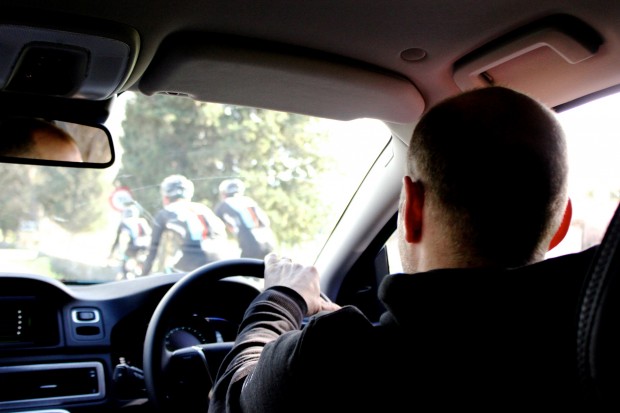
It is an earlier example of the management style exhibited in more thrilling fashion by the descending masterclass described above: unseen by those who reap its rewards and rooted in the experience of a career forged at the very top of the sport. The wealth of experience gained on the bike must make a former rider an attractive candidate to sponsors seeking a directeur, but not all ex-riders become managers. Hammond admits that he had no thoughts of management during his riding days, and says he turned down a directeurs role with Garmin-Sharp. Managing Madison-Genesis, however, has offered him a project, and a challenge in balancing the needs of his various riders that he compares to crystallography.
Support rider
Hammond’s intentions for the training camp on Mallorca are illustrative of a wider approach to the welfare of the team and his ambitions for his riders. Many of them are in the early stages of their careers, with little experience in the sport, and adopting the ruthless approach faced by more senior riders in cycling’s elite UCI WorldTour would be unfair, he concedes. Equally, Hammond is keenly aware that a pro bike rider’s career lasts, on average, ten years, and that by frittering away even a season, the rider is wasting ten per cent of a period that could shape the rest of his life. The finite nature of athletic prowess places a greater demand for maturity upon the shoulders of a young rider than on those of his non-cycling peers.
If you don’t support the riders when it goes wrong, you’ll breed inhibition. The worst thing I can have from this team is having riders too afraid to fail – Roger Hammond
“Part of what I want these guys to do is explore their capabilities,” he says. “If you start pigeon-holing them, they’ll never find their limits.” Encouraging a rider to be the best he can be places a responsibility on the team to support him if a new direction doesn’t deliver the expected outcome, he continues. “If you don’t support them when it goes wrong, you’ll breed inhibition. The worst thing I can have from this team is having riders too afraid to fail.”
Tuning, detuning
It is the prospect of sunshine that has brought the team to Mallorca, but as the riders roll out from the hotel in Playa de Muro, a stiff wind picks up, and as they climb higher into the mountains, the temperature drops. Trips to the car follow and gloves, warmers, and jackets are pulled on, waffles and bananas are eaten, and an easy chit-chat unfolds between rider and manager that suggests a team already in harmony. The process of building camaraderie has been shortened in this, the team’s second year, by the retention of many of the riders, but even the new signings seem at ease in the company of their new colleagues.
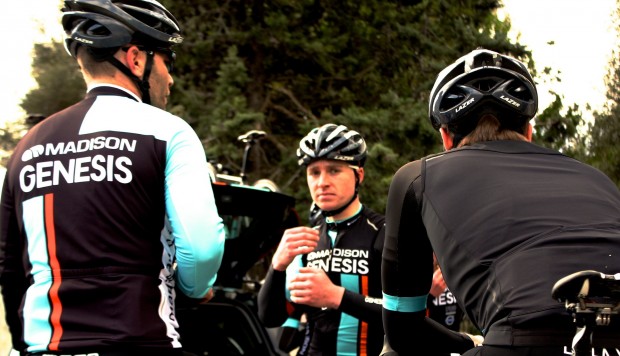
“A huge amount of the training camp is gelling and creating some stories for them to talk about,” Hammond says, a process begun at a go-karting track in Milton Keynes, and continued here amid the often breathtaking landscape of Mallorca. He is aware that the riders will have arrived at different levels of fitness. For some, the training camp will be an opportunity to build a fitness base. For others, who will have trained even for the camp, it will be a ‘detuning’ exercise; an experience familiar to Hammond, who would prepare for these pre-season engagements and treat time at the camp as a “mile eating, fat burning” exercise; an opportunity to record the necessary miles that can be dispiriting when tackled alone.
“One of the key criteria of the team is to support the domestic scene. To scorn it and to say you want to race internationally all season long is not good enough – Roger Hammond
The importance of a positive working relationship when a rider is asked to sacrifice his own ambitions for those of a team-mate cannot be overstated, Hammond says. Positivity is a theme he will return to again and again during our four hours in the Madison Genesis team car. There are riders he has retained for just this quality and it is a trait he has striven to identify in his new signings.
Full diary
For Britain’s biggest domestic teams, the calendar is dominated by the Pearl Izumi Tour Series of city centre criteriums and the handful of domestic races to have gained classification from the UCI. The separate demands of criteriums and road racing can be overcome by riders sufficiently versatile, Hammond says, arguing that road races are won and lost in the sections where the bunch is flat out, and that all of the riders will have the necessary endurance to race for five hours. A larger squad this year will allow the team to rotate riders between rounds. Some will ride only the road races; others will contest the crits as well. “It is a jigsaw puzzle,” he concedes.
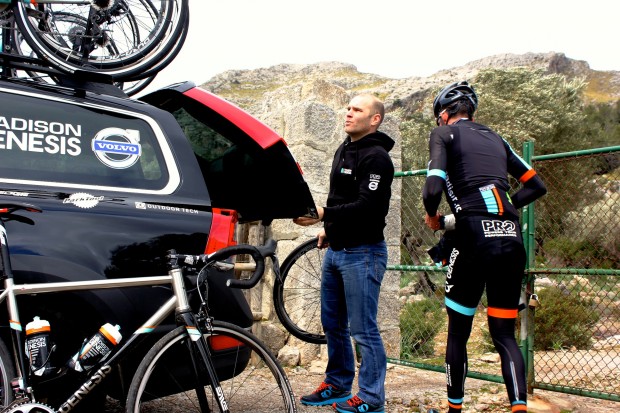
Hammond believes the targeting of specific races is extremely difficult and prefers instead to focus on periods of the season. The team will begin the year with a block of road races including the Rutland-Melton Classic, the Tour of the Reservoir, and the Lincoln Grand Prix. The criteriums of the Tour Series will follow, before a second block of road racing that culminates in the RideLondon-Surrey Classic and the Tour of Britain.
Domestic matters
British road racing occupies an unusual position. A shrinking domestic calendar has made the prestigious events still more so. “One of the key criteria of the team is to support the domestic scene,” Hammond says. Madison Genesis will contest the British races, not as a box ticking exercise, but in an attempt to win and to promote interest in the race and in the sport, he says. “To scorn the domestic scene and to say you want to race internationally all season long is not good enough.” The investment made by companies like Madison and NFTO in properly equipped teams creates a sense of professionalism which in itself attracts people to the sport, he believes.
An international programme is also on the agenda, but with a reported 50 per cent increase in the number of UCI Continental-registered teams this year, places will be harder to secure than previously. The experience of international competition is one that Hammond is keen to give his riders, however, and one he considers essential to their development.
There is little doubt that Madison Genesis will feature at the sharp end of the domestic races this season and the riders will look to do themselves and the jersey proud in the UCI races staged in this country in the coming months. Hammond, a seasoned WorldTour campaigner will be well known to the directeurs of the big teams who visit for the RideLondon-Surrey Classic and the Tour of Britain, several of whom he will have raced against.
By placing the riders at the centre of operations, and deploying managerial strategies that range from an arm around the shoulder to a kick up the arse, he will seek to make his riders equally respected. That work began last year on the roads of Britain. It continues in Mallorca.

